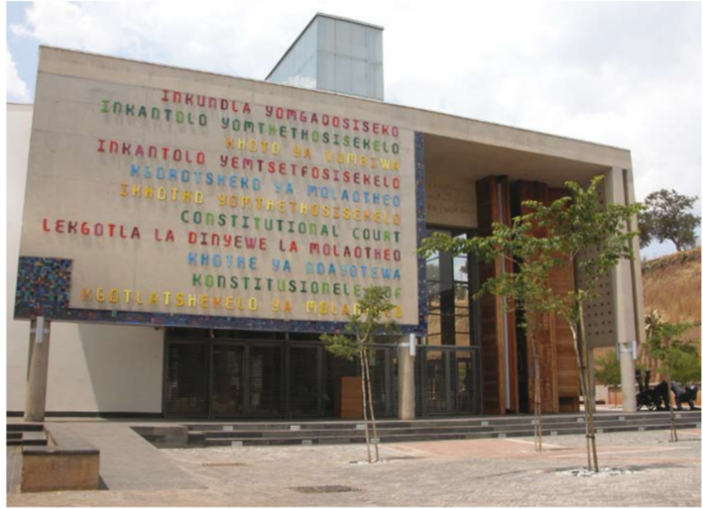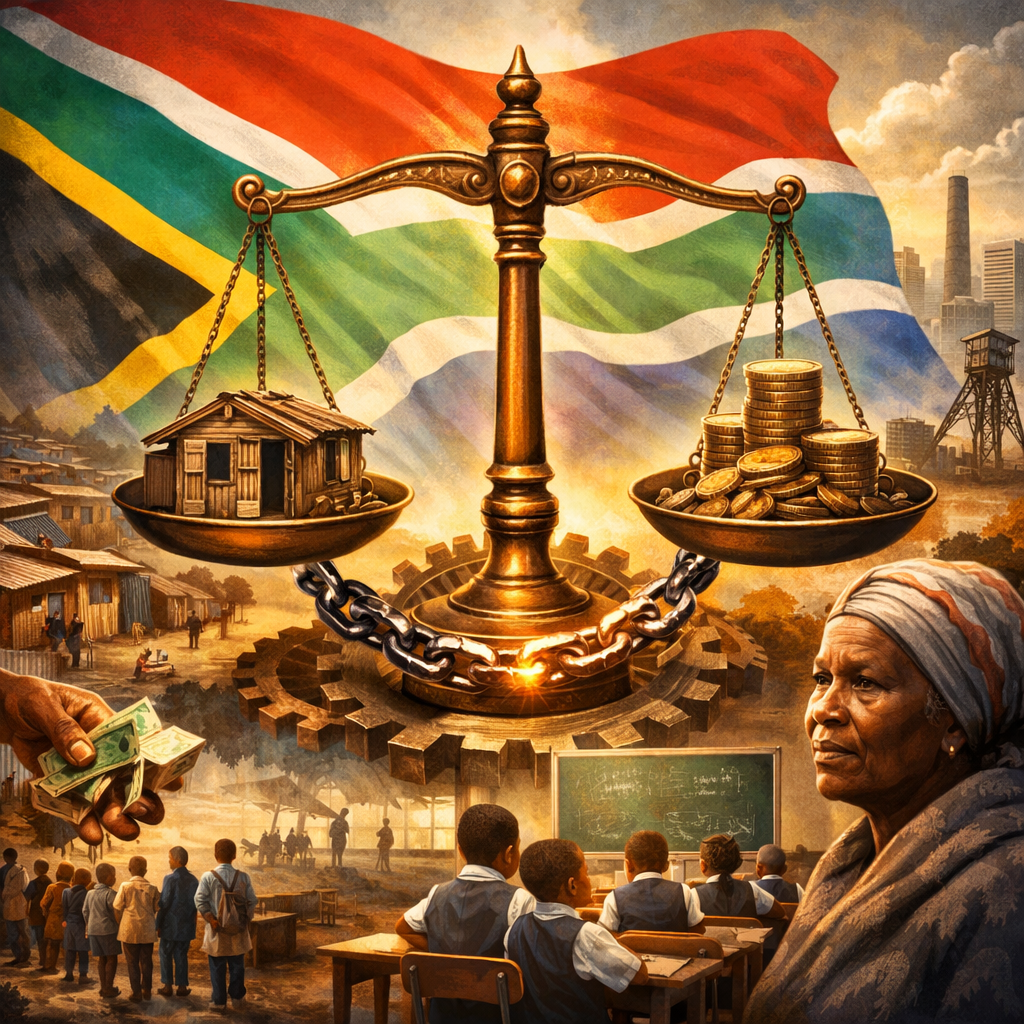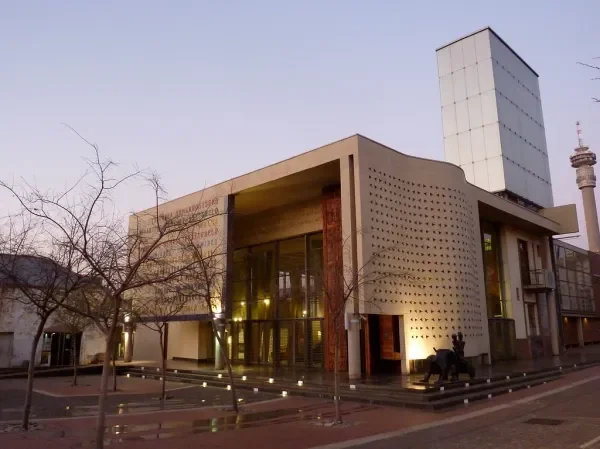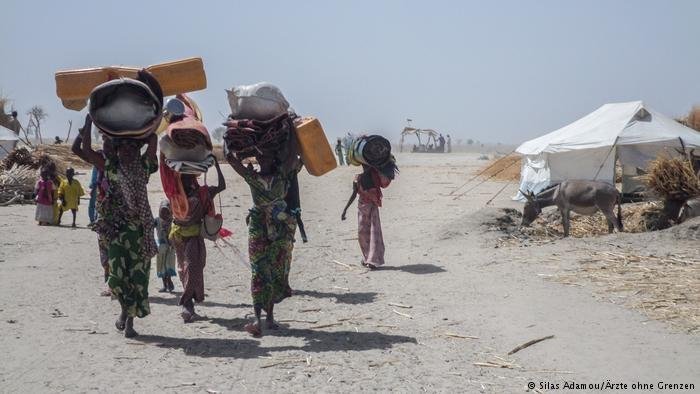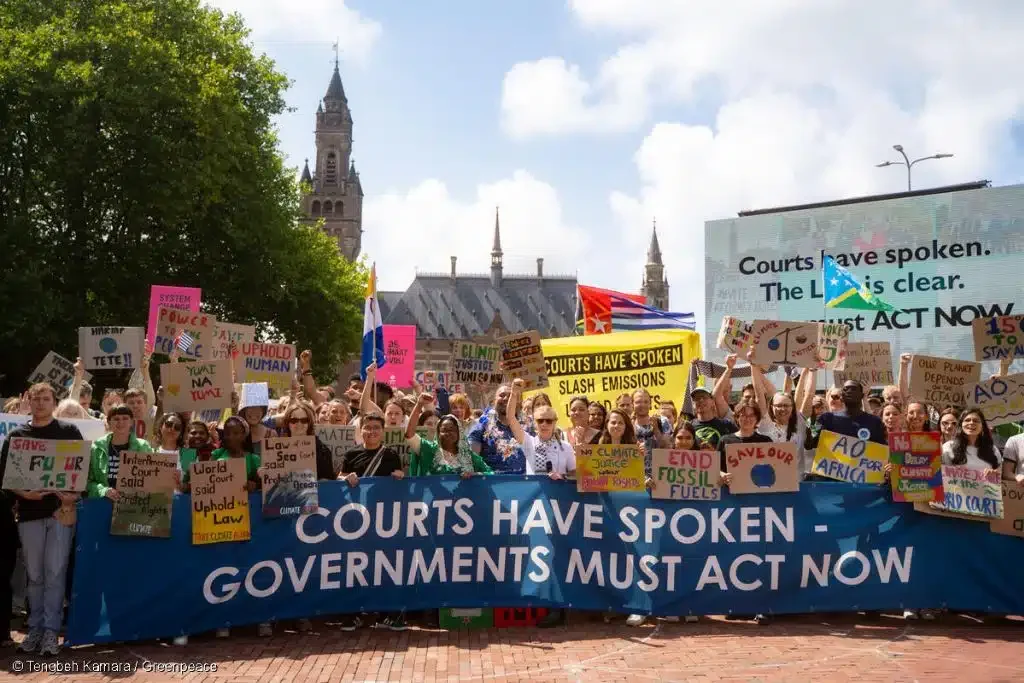
Our Blog
Categories
- Africa
- African Union
- Central Africa
- Citizenship laws
- Climate Change
- Competion Law
- Constitutional Court
- Constitutional Law
- Constitutional law
- Disability Rights
- Disability rights
- East Africa
- Environmental Law
- Gender Equality
- Governance
- Human Rights
- Human Rights Law
- ICJ Advisory Opinion
- Immigration Laws
- International Law
- Kenya
- Labour Law
- Mining Law
- Nigeria
- North Africa
- Political Rights
- Public International Law
- Public Law
- Right to Vote
- SADC Region
- Socio economic rights
- South Africa
- Southern Africa
- Uganda
- West Africa
- Year end anthology
- Zambia
Language Rights, Transformation and the Constitution: What AfriForum v University of the Free State Still Teaches Us
In this week’s post, Professor Roxan Laubscher analyses the Constitutional Court’s approach to language rights in higher education, focusing on AfriForum v University of the Free State and related cases. The article examines how transformation, equality, and access have shaped judicial interpretation of section 29(2), and questions the impact of this approach on multilingualism, indigenous languages, and inclusive language policy in South Africa.
Reparative Justice in South Africa’s Socio-Economic Rights Jurisprudence
In this week’s post, Sandra Liebenberg unpacks her recent CCR article, which examines how the interpretation and adjudication of socio-economic rights can advance reparative justice in response to the deep patterns of socio-economic disadvantage and inequality produced by historical injustices such as colonialism and apartheid.
The Essential Resilience of Local Civil Society in Sudan
In this week’s post, Elizabeth Graham demonstrates how in light of the prevailing conflict, catastrophic humanitarian crisis and international neglect, Civil Society Organisations (CSOs) in Sudan can play an essential and life-saving role in advancing fundamental economic and social rights such as the right to an adequate standard of living, access to food, medicine and other life-saving services.
The Constitutional Court's Efficiency: An Update from 2022 to 2024
In this week’s post, Leo Boonzaier and Nurina Ally provide an update to their 2022 study, which found that the Constitutional Court of South Africa suffered from serious efficiency problems. The full results will soon be published in Volume 15 of the Constitutional Court Review. As their analysis shows, the overall picture remains troubling: the Court has not resolved its efficiency challenges and, in important respects, these have worsened.
Book Feature: Trust, Courts and Social Rights: A Trust-Based Framework for Social Rights Enforcement( David Vitale)
In this week’s post, African Law Matters features an interview with Professor David Vital on his book, Trust Courts and Social Rights: A Trust-Based Framework for Social Rights Enforcement. The book proposes a compelling framework for the judicial enforcement of socio-economic rights grounded in the concept of political trust. Given its potential value for the enforcement of socio-economic rights on the African continent and its rich engagement with South Africa’s socio-economic rights jurisprudence, this conversation is particularly timely and valuable.
Ubuntu, Equity and the African Court’s Climate Justice Moment
In this week’s post, Caiphas Brewsters Soyapi argues that in its upcoming advisory opinion on climate change, the African Court of Justice should deploy the African principle of ‘Ubuntu’ to create a distinctly African approach to climate justice rooted in notions of equity and solidarity.
Book Interview— Behind Prison Walls: Unlocking a Safer South Africa
Watch ALM's Ropafadzo Maphosa in conversation with the authors of Behind Prison Walls: Unlocking a Safer South Africa, Judge Edwin Cameron, Rebecca Gore, and Sohela Surajpal. Drawing on their firsthand encounters within the carceral system, the authors reflect on how these experiences informed their motivations for writing the book and the critical insights it offers into incarceration, justice, and the urgent need for prison reform.
A Commentary on the Provisions of the African Union Convention for the Protection and Assistance of Internally Displaced Persons in Africa
In this post, Dr. Omotunde Enigbokan explains the importance of creating a detailed legal commentary on the Kampala Convention to help African states and institutions better understand, interpret, and implement its provisions for protecting and assisting internally displaced persons, as well as improving accountability, monitoring, and practical application across the continent.
How the Designation of Nigeria as a Country of Particular Concern May Affect Asylum Seekers and Refugees
in this post, Victor Obinna Chukwuma examines the recent designation of Nigeria as a “Country of Particular Concern” by President Trump, particularly how this label may shape the experiences of Nigerian asylum seekers and refugees. While much of the public debate has centered on diplomatic and political implications, the article shifts the focus to the vulnerable individuals whose safety and legal standing may hinge on how this designation is interpreted and applied across international protection systems.
The Limits of the National Register for Sex Offenders to Protect Children in Private and Familial Spaces
In this post, Dhumbura uses Ian Hoggins’ sexual offense case as a starting point to argue that, in South Africa, despite strong laws such as the Sexual Offenses Act, failures in the National Register for Sex Offenders continue to leave children vulnerable, exposing serious institutional weaknesses that demand urgent reform.
Constitutionalisation of Political Parties and the State of Democracy in Sub-Saharan Africa
In this post, Johannes Socher and Prof. Charles M. Fombad, co-editors of the book Constitutionalisation of Political Parties and the State of Democracy in Sub-Saharan Africa, share the key findings and recommendations from the publication, offering insights on how to strengthen constitutional and legal frameworks governing political parties in the region.
Future African Generations and Intergenerational Climate Justice: Reflections on the ICJ Advisory Opinion
In this week’s post, Dr. Tracey Kanhanga examines how future generations of African descent are likely to be disproportionately affected by climate change, drawing on the International Court of Justice’s Advisory Opinion on climate obligations. She emphasises that the UN General Assembly’s second question to the ICJ—concerning future generations—is particularly relevant to Africa, where most of the world’s population will reside, yet where communities risk remaining trapped in a vicious cycle of vulnerability.
Navigating Ambition and Equity: What the ICJ’s Climate Advisory Opinion Means for Africa’s NDCs
In this week’s blog, Dr. Enam K. Antonio examines how the International Court of Justice’s Advisory Opinion on climate obligations reshapes Africa’s approach to its 2025 Nationally Determined Contributions (NDCs). She explains that the Court interprets “highest possible ambition” as a binding legal standard, not just a political goal, requiring states to align ambition with their real capacities.
The Protocol is Now in Force: What Next for the Rights of Older Persons in Africa
In commemoration of the International Day of Older Persons, Dr. Lydia Chibwe reflects on the landmark entry into force of the Older Persons Protocol, the first legally binding regional instrument protecting the rights of older Africans. While its adoption marks historic progress, she underscores that the real challenge lies in implementation—through domestication, funding, monitoring, and tackling ageism. She further stresses that governments, civil society, and regional bodies must work together to ensure the Protocol moves beyond ratification and meaningfully transforms the lives of millions.
Thirty-Five Years Later: Why Namibia Must Now Choose Ubuntu’s Soul
In this post, Dunia P. Zongwe reflects on 35 years of Namibia’s Constitution. He looks back at its achievements and challenges, and then turns to the future—imagining a shift from the current liberal Bill of Rights towards a decolonial Bill of Rights and vision of constitutionalism grounded in Ubuntu.
- Africa
- BBI judgment
- Children's rights
- Climate Change
- Constitutional Court
- Constitutional Law
- Constitutional reform
- Democracy
- Election series
- Elections
- Environmental Justice
- Equality
- Human Rights
- International Law
- Kenya
- LGBTQ+ Rights
- Migration
- Namibia
- Nigeria
- Political Rights
- Public participation
- Refugee and migration series
- Refugees
- Socio-economic rights
- South Africa
- South African Constitution
- Women in Africa
- Women's Month
- Women's rights
- World Congress
Submissions
We welcome unsolicited submissions covering current legal developments in constitutional law, fundamental rights law, public law, international law and related fields.


